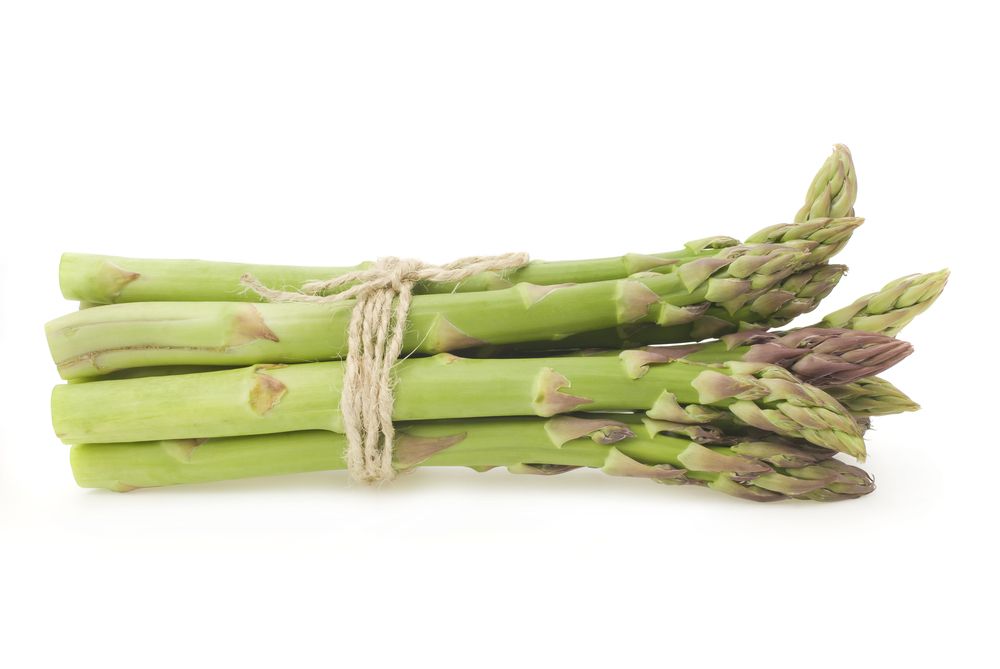Erectile Dysfunction can be caused by physical, physiological, and psychological factors. Several over-the-counter and prescription medications are available to treat ED. However, natural remedies may also help.
Asparagus is a low-calorie vegetable that is high in fiber vitamins and minerals. It contains folate, potassium, and vitamin C, all of which are essential for sexual health.
Asparagus is a natural aphrodisiac
While many people are skeptical about the power of food to boost libido, certain foods can indeed help increase your sex drive. Aphrodisiacs are foods or herbs that stimulate the production of nitric oxide, which helps to improve blood flow to the genitals and cause an erection. They are also known to cause orgasms and increase sensation. The best aphrodisiac foods are spicy because they warm you up and increase your heart rate. They also contain citrulline, which relaxes the blood vessels and increases blood flow to the genitals.
Asparagus is one of the most popular aphrodisiac vegetables. It’s a rich source of vitamins and minerals, including vitamin C, vitamin K, folate, and potassium. It’s no wonder that the Greeks praised asparagus in their love poetry and the Kama Sutra encouraged women to drink it as a remedy for low libido. In addition, it has been found that the nitric oxide in asparagus can reduce blood pressure.
Asparagus’ aphrodisiac reputation may be partly due to its phallic shape, but it has been found that the vegetable contains unique compounds that have aphrodisiac effects. According to IVFMD, asparagus contains asparagine, which can prevent the build-up of ammonia in the body, which is a common cause of low libido. It’s also a good source of vitamin E, which can increase arousal and enhance orgasms.
It is a good source of potassium
Many people with erectile dysfunction seek home remedies and natural dietary supplements that are claimed to improve blood flow. However, the evidence behind some of these remedies is mixed. For example, yohimbine has been shown to enhance libido and sexual desire in some people, but it also has serious side effects like high or low blood pressure, anxiety, nausea, and heart rate changes. Other popular home remedies, such as horny goat weed, Epimedium, and Lepidium meyenii (Peruvian bark), have less convincing results in scientific studies. Ginkgo biloba is another common herbal remedy for ED, but it may increase bleeding in some people and shouldn’t be used by those taking blood thinners.
Asparagus is a good source of potassium, which can help lower blood pressure. It also contains folic acid, which is an important B vitamin for pregnant women and children. Folate is crucial for preventing certain birth defects, including spina bifida and anencephaly. Experts recommend getting 400 mcg of folate daily. Folate can be found in foods, but most experts recommend taking a supplement to ensure proper absorption.
Asparagus is also rich in vitamins, minerals, and antioxidants. One serving of asparagus provides 20% of the recommended daily value for vitamin A, as well as niacin (vitamin B3), thiamin (vitamin B1), pantothenic acid, potassium, and riboflavin. Asparagus is also a good source of vitamin C, which acts as an antioxidant to protect the body from free radical damage.
It is a good source of vitamin C
Asparagus is a good source of Vitamin C, which helps reduce oxidative stress and fight free radicals. It also provides fiber and other nutrients that support healthy digestion. Asparagus is also a good source of folate, which may help prevent neural tube defects in pregnant women. In addition, asparagus is rich in potassium and iron, which promote cardiovascular health.
In a lab trial, researchers found that Asparagus extract lowered blood pressure in mice. It did so by blocking the action of an enzyme called ACE, which narrows blood vessels and leads to high blood pressure. This finding suggests that a diet rich in Asparagus could naturally lower blood pressure, possibly eliminating the need for prescription drugs.
A compound in Asparagus called asparagine acts as a natural diuretic, increasing urination and helping the body get rid of excess salts. This may be helpful for people with gout, which is caused by a build-up of uric acid in the joints. Research has also shown that the plant contains compounds that can prevent cellular damage in the liver and kidneys.
Asparagus is also a good food choice for anyone with irritable bowel syndrome or IBS. It is a good source of inulin, a type of soluble fiber that helps the stomach and intestines digest food properly. It also fuels the growth of bacteria that keep the bowels regular and prevent constipation. It is also an excellent source of Vitamin E, which protects the cells from free radical damage.
It is a good source of iron
Many men have a low-iron diet, which is linked to erectile problems. A few servings of asparagus per week can help men increase their iron levels and boost libido. Aside from being a good source of iron, asparagus also contains protein, which is beneficial for both sexes. This helps build muscle and gives a healthy, lean appearance. It also increases energy levels. Asparagus also contains methyl mercaptan, which gives urine a distinctive odor. In 2016, The BMJ medical journal published a study that found that the ability to smell this compound is genetically determined, with some people unable to detect it.
Asparagus is high in potassium, which improves blood flow to the penis. It is also rich in magnesium, which increases testosterone and nitric oxide levels. Nitric oxide is known to boost erections by relaxing the muscles inside the penis and causing blood to flow into it. In addition, asparagus is a good source of folate, a vitamin that improves libido.
Asparagus also contains vitamin C, which is important for healthy skin and the immune system. It is also an antioxidant that protects cells from damage. Asparagus has a low-calorie content and is a good source of fiber. Asparagus can be eaten raw, but it is best cooked to obtain the most benefits from this vegetable. Cooking asparagus also reduces its gastrointestinal irritation, which is particularly helpful for individuals with colitis or Crohn’s disease.



